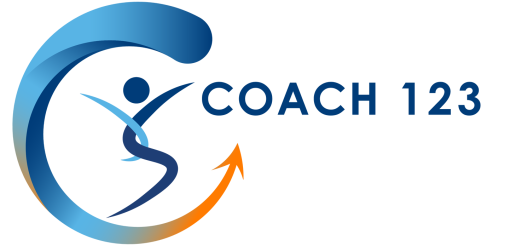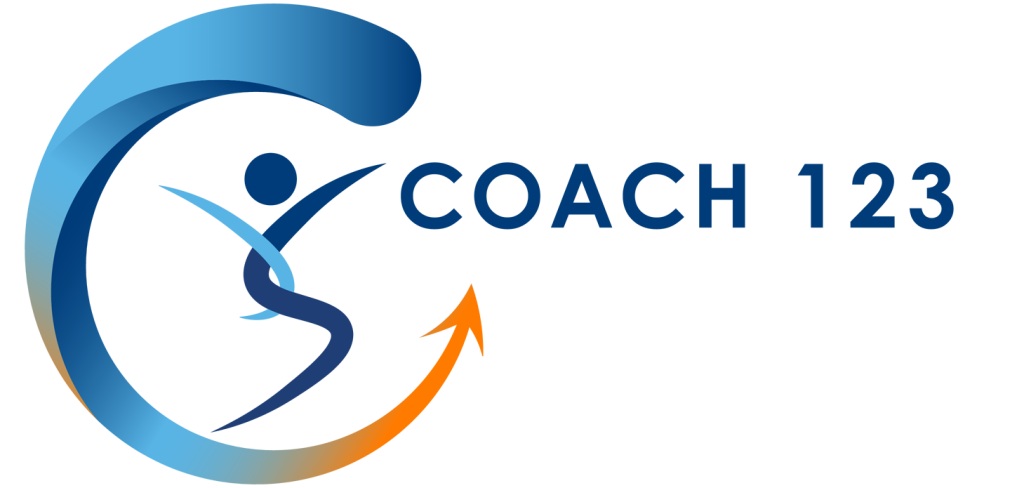Coaching Skills are Leadership Skills
Coaching Skills are Leadership Skills

In today’s world how are you going to inspire someone to follow you? Who wants a leader that doesn’t care about them? Demonstrating caring is the key! This involves recognizing how people are thinking and processing and functioning, and what works for them and what doesn’t work for them, and adjusting and flexing, and inviting them to take ownership of who they are and what they do and how they move forward.
People skills are a big part of both coaching skills and leadership skills. People skills involve the ability to recognize what’s going on for somebody else, be curious and interested, plus, above all, care about that other person.
Communication skills are also coaching skills. Communication skills include listening and listening deeply. The irony is many leaders think they are great listeners and if you ask people around them, you will get a different answer. Great listening skills involve listening to understand and listening on multiple levels.
Another component of communication skills is how leaders say things – the words that are used. Many are familiar with leaders that are considered to be toxic versus leaders that are considered to be charismatic. There are multiple factors. First, do they care? Second, how do they say what they say? How do they come across? What’s the impact of their messaging? The way something is communicated is going to make a difference.
In coach training, we talk about partnering with people so that they define what they want, and they figure out how they are going to move forward. They consider different possibilities, different opportunities, potential barriers, what the resources are, and they plan, and they move forward. That level of ownership creates follow-through. For a leader, learning how to have a conversation that truly empowers the people on their team means learning how to set their team members up for success, which in turn creates success for the organization and for that leader. Coaching absolutely makes sense as a service for developing leaders. It also makes sense as a skillset. Increasingly it is expected of leaders that they develop coaching skills.
How does this awareness factor in for coaches? In addition to knowing that having a coach makes a difference for leaders, knowing that coaching helps them develop their own coaching skills means being transparent with coaching techniques.
If you are a coach that is coaching leaders, remember they are learning from you. They are learning because of what you do; you model the communication skills and the people skills that in turn will serve them when they are working with others. While we do not call it formal training, for them, it is a learning experience. While coaching is based on what they want to work on, they are going to learn from the experience. This is one of the big benefits of having a coach. If you are a leader, the real question becomes, when are you going to get coach training? Not will you, are you going to, or if. It is truly a when!
To be successful as a leader in today’s world calls on you to have the skills that coaches develop in their training programs. When going through coach training, the competencies developed are essential in terms of effective leadership. The tools and techniques will serve the leaders well.
The first coaching competency talks about being ethical. Leaders have a Code of Ethics from their organizations. At the same time, the insight gained from learning about coaching ethics becomes a powerful tool for leaders. It is a different level of awareness in terms of conversations they have and how they impact people.
The second competency of embodying a coaching mindset means being truly open and flexible and focused on that other person. It also includes our own ongoing learning and development and awareness. This combination is powerful in the workplace because when a leader models ongoing learning, it is a very strong message to the people on the team. They engage in the ongoing learning, and it demonstrates a benefit to other people. It demonstrates that they care, they want to improve, they are improving, and it creates buy-in to that process for the individuals on the team as well.
In the next blog the exploration of coaching competencies as skills for leaders continues.











